Horizontal
e-Learning course updated!
The free online course, ‘Societal Stakeholders and Standards’, was revised in November 2021. It is intended to explain the complex world of standards in clear and simple terms, with its modular approach complemented by self-tests at the end of each module. Please visit the course at www.standards4all.eu.
The course contains seven modules to help users learn about standards, their development, and the important role they play in protecting consumers, workers, and the environment. It further demonstrates the importance for civil society to engage in standardisation in order to improve, strengthen and add legitimacy to the European Standardisation System. The course was developed by ANEC, its societal peers ECOS and ETUC, and CEN-CENELEC and first launched in 2018.
On 20 January, ANEC hosted a webinar for its members on the revised course.

Revised CEN-CENELEC Guide 25
In November 2021, the CEN and CENELEC General Assemblies approved the third edition of CEN-CENELEC Guide 25 which establishes the framework for the collaboration of the two ESOs with other European Organisations and stakeholders. (https://bit.ly/3AjQaQa)
The Guide lists six categories of cooperation: Partner Organisations, Liaison Organisations, Associated Bodies, European Counsellors, European Institutional Stakeholders and Other Cooperating Organisations. ANEC has been a Partner Organisation of both CEN and CENELEC since 2013, having been engaged with both ESOs since its creation in 1995.
As the Foreword to the revised Guide states, “This Guide was further updated following recommendations from the CEN and CENELEC Technical Boards, and the CEN and CENELEC Advisory Groups to the Boards on policy matters, as well as to align with the CEN and CENELEC Strategy 2030 goals, to further clarify the criteria defining the different categories of cooperation and overall wording of the concepts. This is a step towards strengthening the participation of European stakeholders for an inclusive European Standardization System”.
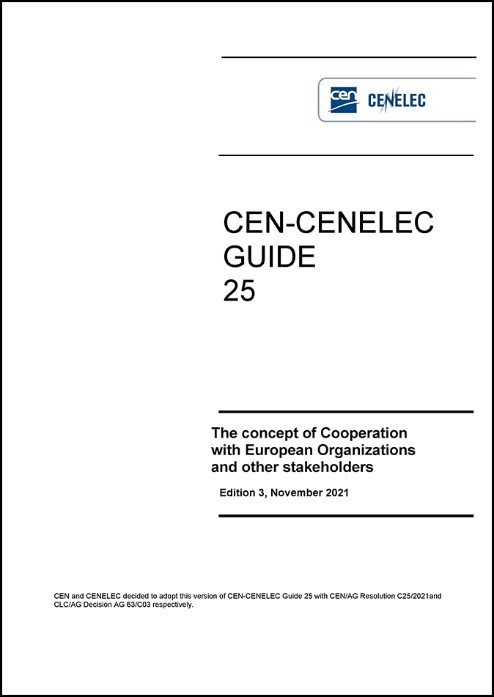
Sustainability
Recycled plastics in FCM
In December 2021, the European Commission (EC) launched a consultation on a proposed Regulation concerning plastic materials and articles with recycled/secondary plastic content intended for use in contact with food (https://bit.ly/3fK8F73). The consultation closed on 18 January. In our reply to the EC consultation, we expressed concerns at the risks entailed in the proposal, especially regarding the lack of clarity on how the safety of novel processes is going to be reviewed (https://bit.ly/3AlMm19).
As a comprehensive revision of the EU legislative framework for Food Contact Materials (FCM) and packaging to improve chemical safety remains awaited, we find it untimely for this expected revision to be preceded by legislation that has the goal to increase the recycled plastic content of food packaging.
We believe that, as a first priority, the legal provisions for chemicals in virgin materials used in the manufacture of products - including (food) packaging - must be strengthened. Only when contamination can be excluded should recycled plastic content in FCMs be addressed.
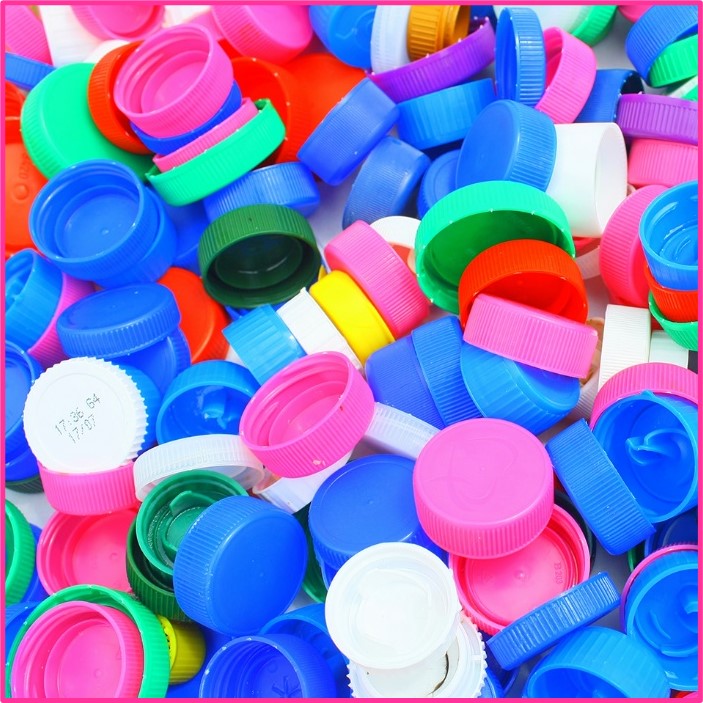
Digital Society
ANEC position on standards and AI
In December 2021, A NEC published the position paper, ‘The role of standards in meeting consumer needs and expectations of AI in the European Commission proposal for an Artificial Intelligence Act’ (https://bit.ly/3rquRIY). Although we welcome the proposal, we believe it requires improvement to deliver trusted and safe AI to people.
Among our key points are:
- Consumers have concerns about the risks of AI systems and require strong legislative proposals to ensure their fundamental rights are protected and that they themselves are protected from harm.
- Parts of the AIA propose using standardisation based on the New Legislative Framework. This framework is designed for product access to the single market, and raises questions when applied to fundamental rights within the domain of AI.
- There are difficulties in transposing fundamental rights and EU values and principles into technical standards from both a substantive and process perspective.
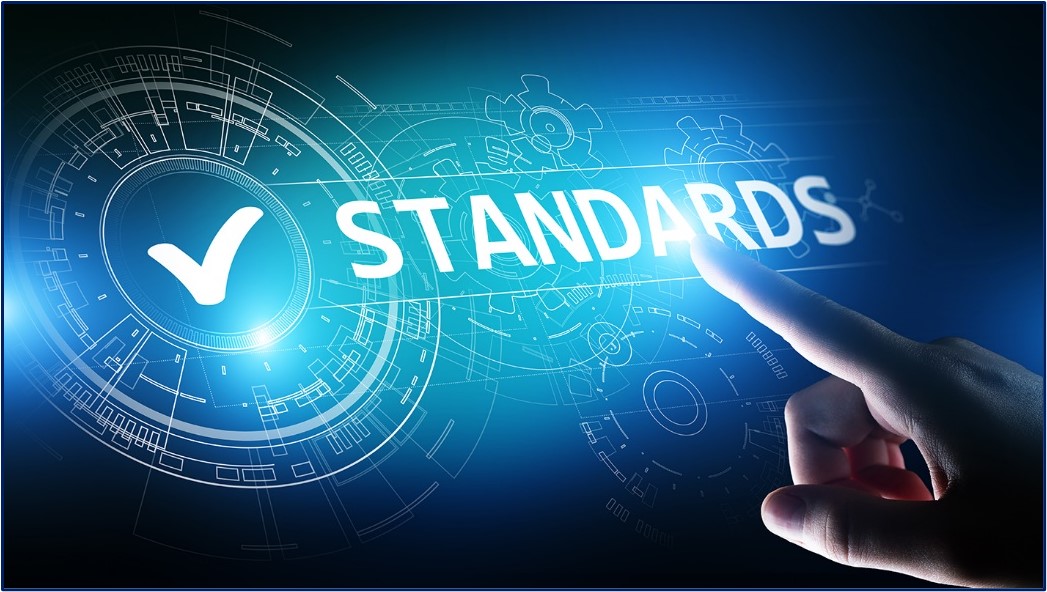
ANEC referenced in key report on AI
Ahead of the publication of the European Commission's much-anticipated Standardisation Strategy (now on 2 February 2022), the Oxford Commission on AI & Good Governance has published a report that considers the proposed EU Regulation on AI against the broader background of the European Standardisation System (https://bit.ly/3KwY7Gp). The Report includes several references to the ANEC response to the EC Roadmap for the Standardisation Strategy (https://bit.ly/3E7h3Zt).
There Report sees clear strengths in the European approach to standardisation but notable challenges as well. It document these strengths and challenges. The Report concludes with recommendations for further action as the EU AI Regulation continues its legislative path.
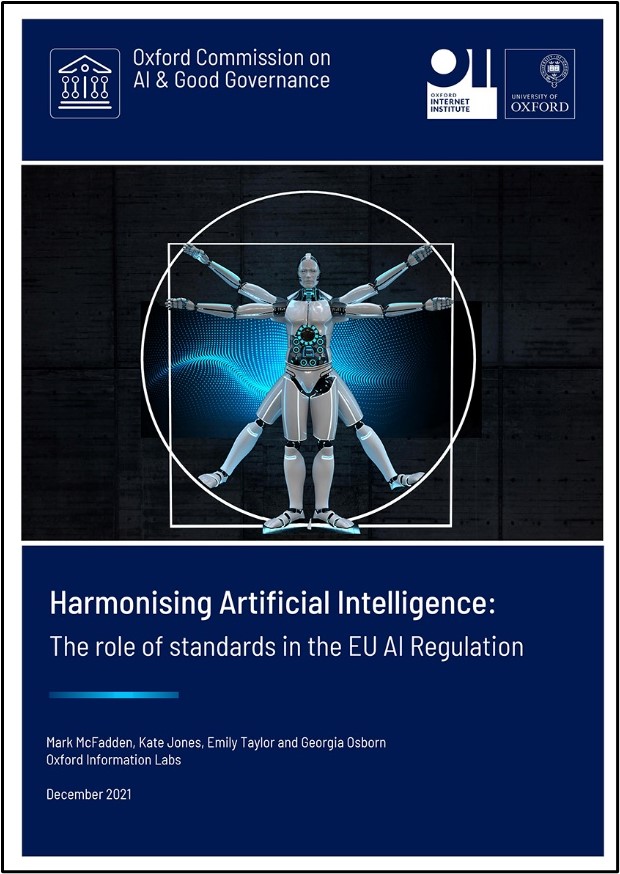
Delegated act published under RED
ANEC welcomes the delegated act of the Radio Equipment Directive (RED) on cybersecurity and privacy, published on 12 January in the OJEU (https://bit.ly/3ry8lhn). It is an initiative to which we have contributed from the outset in order to achieve improved cybersecurity and privacy for all consumers, including children (remembering Cayla “the spying doll”, and connected – but unsecure - smartwatches for children).
The obligations established by the delegated act are applicable from 1 August 2024.
The acceptance of the supporting Standardisation Request, and drafting of the standards, will need to be done by 1 October 2023. We expect that the next step will be the finalisation of the draft SReq on which we have commented several times.

Child Safety
CEN to address learning towers
Following ANEC’s letter to CEN to express concerns at the safety of kitchen helpers/learning towers (see ANEC eNewsletter ed. 4 – 2021), we are pleased the issue will be dealt with by CEN TC 364 which has amended its scope to do the work. The decision was endorsed by the CEN Technical Board in November 2021. CEN TC 364 ‘High chairs and learning towers’ will start work on a standard for learning towers in 2022.
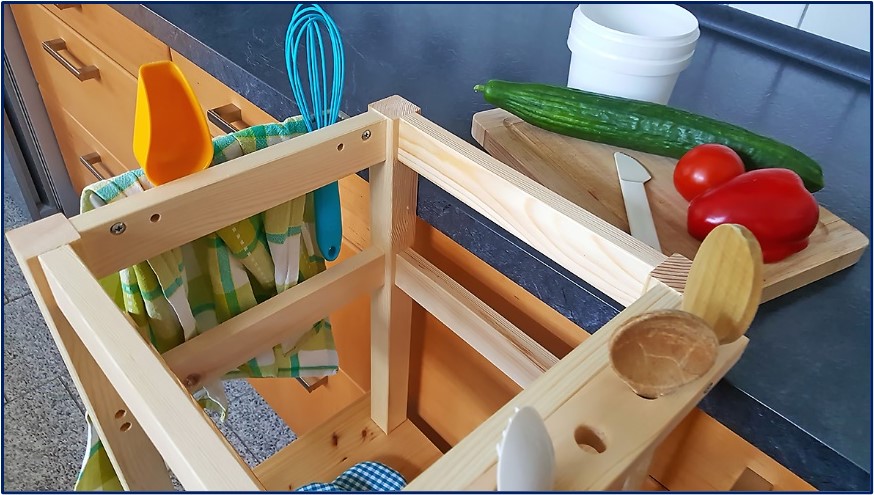
Improved pushchairs standard
ANEC welcomes the adoption by CEN of EN 1888-1:2018/A1 ‘Child care articles - Wheeled child conveyances - Part 1: Pushchairs and prams’. The amendment was developed by CEN TC 252 WG3 ‘Child care articles – Wheeled child conveyances’ with our participation. It introduces improvements to the terms and definitions; the general requirements and test conditions; chemical hazards, mechanical hazards and product information for pushchairs and prams. ANEC supported the amendment during the Enquiry and Formal Vote stages and cast a Favourable Opinion.
CEN TC 252 WG3 is also developing an amendment to the standard EN 1888-2:2018 ‘Child care articles - Wheeled child conveyances - Part 2: Pushchairs for children above 15 kg up to 22 kg’ because of the need for new pictograms. In December 2021, ANEC gave its support to the amendment and cast a Favourable Opinion during the Enquiry stage.
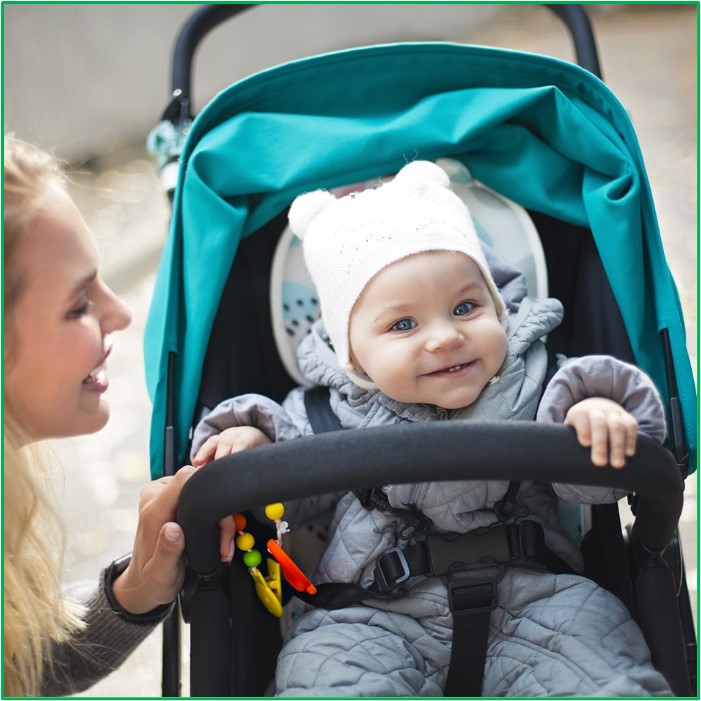
Domestic Appliances and Child Safety
Child appealing appliances to be less safe
Despite opposition from ANEC and a Not-Favourable Opinion, CENELEC has adopted an amendment (A16) to EN 60335-1:2012 ‘Household and similar electrical appliances - Safety - Part 1: General requirements’ which we think will result in a lowering of the safety offered by the standard to young children.
A16 weakens the original clause 22.44 (which did not allow appliances to be shaped as e.g. an animal), and follows adoption of A15 in 2021 which had similar effect. ANEC believes the decision will see potentially hazardous appliances placed on the market.
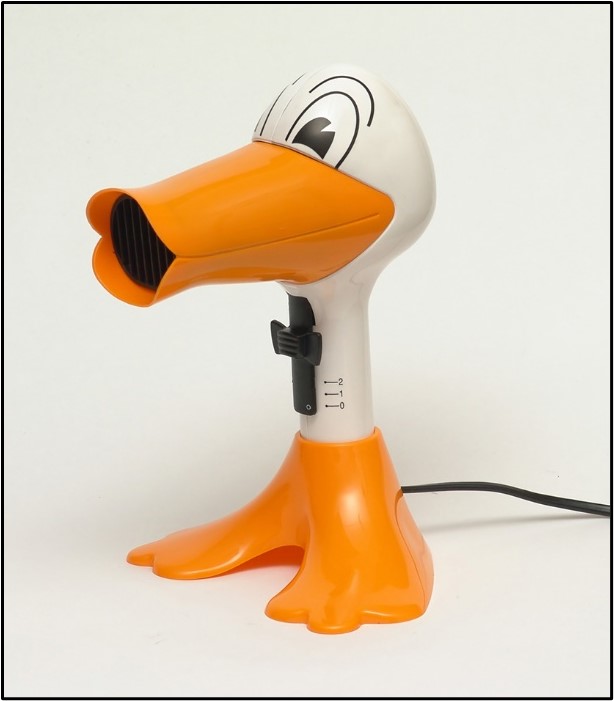
Ecodesign
What’s new in Energy Labelling?
Since December 2021, four groups of household appliances (fridges and freezers; washing machines and washer dryers; dishwashers, and TVs and monitors) have been able to be sold only with the new rescaled EU Energy Label. The new label has a simpler, clearer, and more accurate “A-to-G” energy efficiency scale, eliminating the infamous “A+” categories. The rescaling was needed as most product models were over-populating the highest classes of the energy labels, making it difficult for consumers to compare products based on their potential for energy efficiency.
With the new energy label, the most energy efficient class may not yet be “A”. According to the Energy Labelling Regulation, the top class of the new label should initially remain empty to encourage technological improvement. Our colleagues at BEUC have recently published a new flyer (https://bit.ly/3rJxBBa), which showcases the classes available for each product at the moment.
The energy label has also been rescaled for lighting products. Nevertheless, these can be sold with the old “A+” label until March 2023. In the following years, the energy label will also be rescaled for more products, including tumble dryers; cooling and heating appliances, and vacuum cleaners.
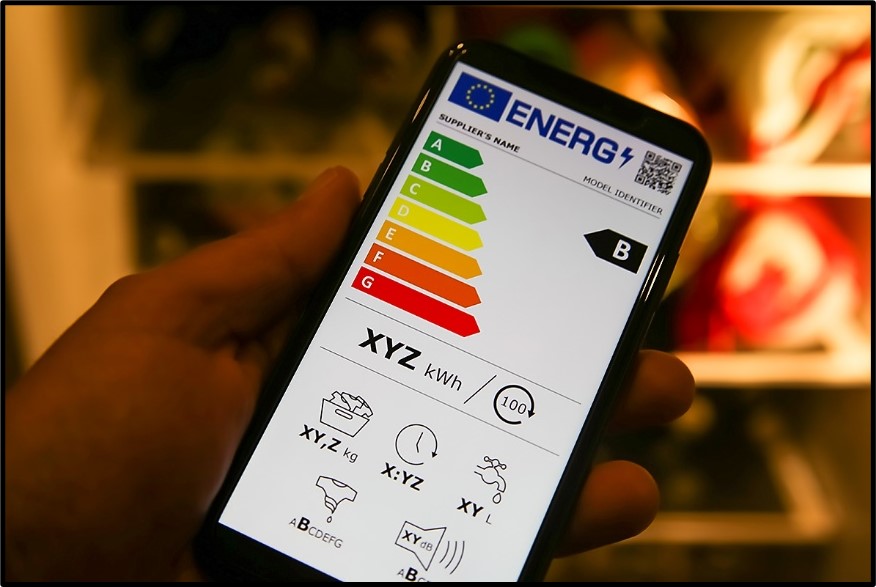
News from ANEC member countries
Denmark
Tests find chemicals in products for children
If only it were as easy as riding a bike. Children are more vulnerable to the negative effects of chemicals, and so harmful chemicals should not be part of products intended for children. Even though many problematic chemicals are banned in the EU, some have been found in ingredients in a number of children’s toys examined by the Danish Consumer Council THINK Chemicals. These include “running” or “balance” bikes used to help children learn to ride a bicycle. Details of the tests carried can be found on their website (https://bit.ly/3Inf3xb).
Kids love dressing up and putting on makeup, but tests carried out in Denmark, Norway and Sweden also found harmful chemicals in cosmetics for children. Some make up kits and perfumes bought on-line did not even list the ingredients on the packaging of the cosmetic, despite this being mandatory in the EU. More details can be found at https://bit.ly/3nMflG3.
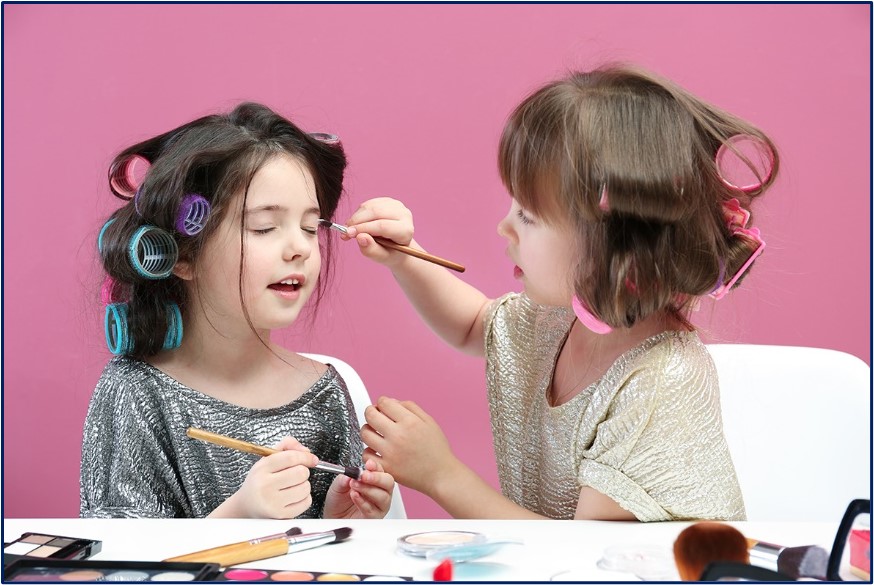
Ireland
ANEC’s work on a common charger highlighted
Our work on a common charger has been highlighted in the latest edition of the Consumers’ Association of Ireland’s “Consumer Choice” magazine.
The CAI’s Policy & Council Advisor (and ANEC President), Dermott Jewell reflects on the journey towards a common charging solution for mobile phones and similar devices:
“Whilst it has been a point of frustration, discussion, argument and intense lobbying across many years, the issue of the lack of a common charger for electronic devices has remained as an unacceptable and costly issue for consumers. The Consumers’ Association of Ireland (CAI) has engaged, to the best of its ability, in the demand for change and resolution and, specifically, through support for the work and engagement of ANEC in this area.”
He ends with a strong message: “Most consumer advocates, including the writer, have been engaged in seeking progress on and resolution of this unacceptable situation for a minimum of 15 years. Pulling the plug on this outrageous, money-making and e-waste generating practice will make a seismic change in all of our lives – and those of our children and theirs.”
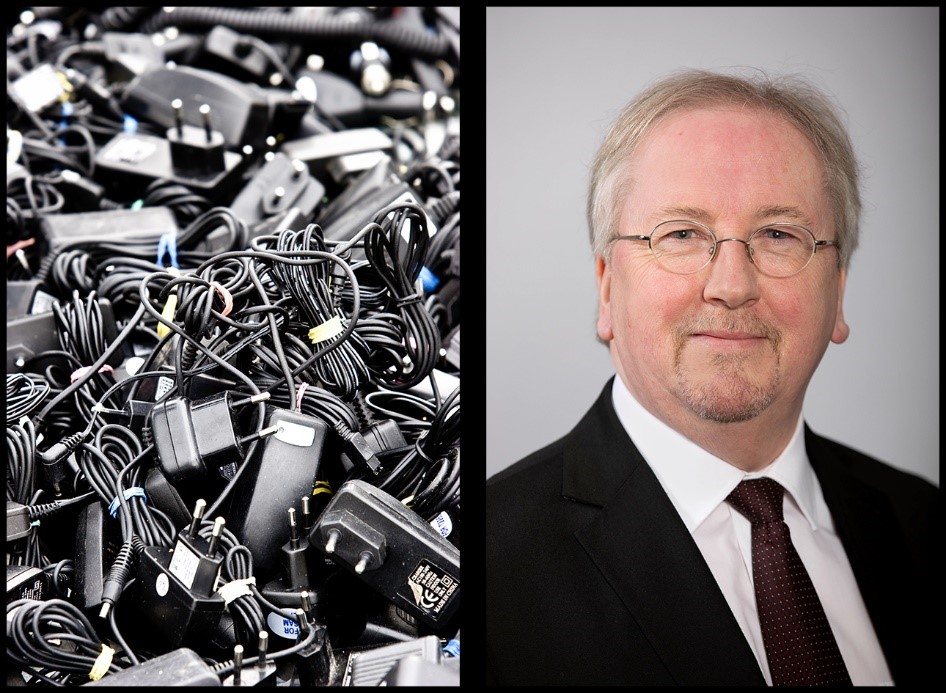
| List of meetings 2022 |
For comments or if you wish to write an article for the ANEC Newsletter, please contact: Marijana ANTAROROVA (This email address is being protected from spambots. You need JavaScript enabled to view it.).


